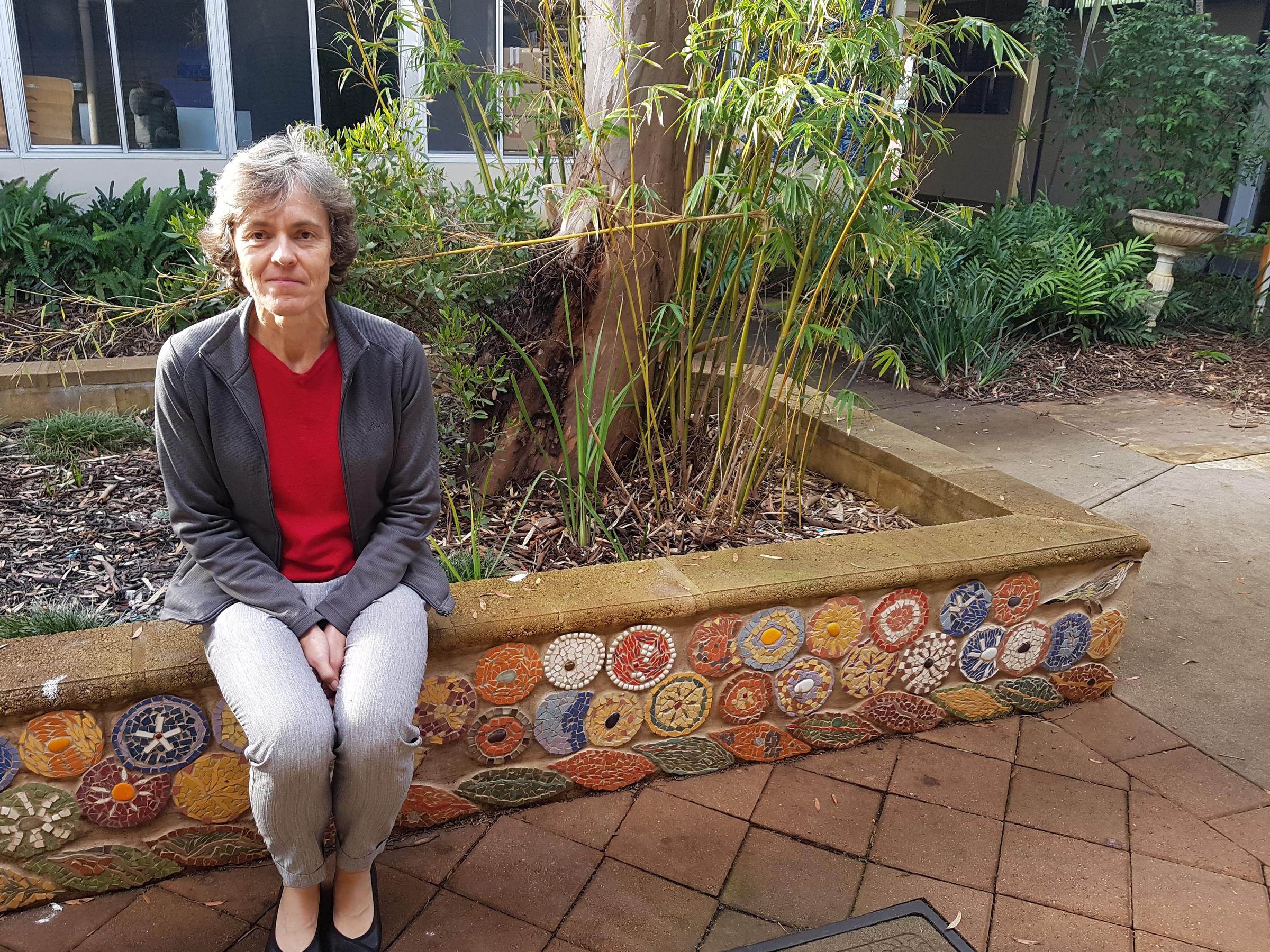Chaplain's Corner
Louise Lathbury

Chaplain's Corner
Louise Lathbury


Video games and young people.
A Year 5 teacher recently shared an article with me that had impacted her greatly. When I read the title “Extremists use video games to recruit vulnerable youth. Here’s what parents and gamers need to know.” (https://theconversation.com/extremists-use-video-games-to-recruit-vulnerable-youth-heres-what-parents-and-gamers-need-to-know-193110) I said that I would share the information with the school community in my next newsletter article.
The article describes how extremist groups can use games such as ‘Fortnite’, ‘Minecraft’ and ‘Call of Duty’ to spread ideologies that are anti-democratic, racist, or against multiculturalism and equality.
When I read that extremists have modified existing games so that players can experience the Christchurch massacre in ‘The Sims’ and ‘Minecraft’, and have created white ethno-states in ‘Roblox’ (https://www.un.org/counterterrorism/sites/www.un.org.counterterrorism/files/221005_research_launch_on_gaming_ve.pdf), I was horrified. Apart from modifying existing games, other ways that gaming can be used to spread radical views include:
In a United Nations Focus Group Survey, participants felt that the gaming space was likely to be exploited by extremists because of its lack of moderation, huge audience, networking capability and the existence of adjacent communication platforms that allow the ideas to be disseminated.
Parents are encouraged to supervise the behaviour of their children online, just as they do for the physical world. If parents become aware of their children being exposed to radicalised material, it is recommended that they guide the children to mainstream sources of factual information, and discuss it with them. If children fear punishment or the removal of their device, they may be more secretive about their online activity and at greater risk of exploitation. Being approachable and taking the time to listen to and help your children with any online issues they encounter is essential. The Australian eSafety Commissioner website (https://www.esafety.gov.au/) has the latest information to help you manage any online safety issues your family may encounter.


Gaming is a wide-spread leisure activity for children, teenagers and adults (the average age of players is 34, and over 40% of players are female), and often provides a strong sense of community and valuable social interaction. Even though “Millions of people play video games, but only a tiny proportion are radicalised towards violent ideologies or acts,” that tiny proportion can greatly impact the direction of their own lives, and of those around them.